Self-promotion - Tips for Localization professionals who don't feel comfortable with the idea of self-promotion
If changing certain habits is difficult, then changing mindsets can feel nearly impossible. It took me a while to realize that my mindset is shaped by my beliefs, which influence my thought habits and impact how I perceive and react to the world.
This applies to the field of Localization as well. At a certain point in my career, I began to see the value in promoting the Localization work done by my team and me. I wanted to explain what we do, why we do it, and show its positive impact on the company.
However, ideas like presenting updates, showcasing success stories, and establishing a newsletter didn't resonate because I saw it as "sales" work, which didn't align with my beliefs. The idea of self-promotion had some friction with my mindset, and I didn't feel comfortable in that role.
I believed that doing good work was enough to gain recognition, but as the company grew, I realized that mindset was naïve.
If we take Apple as an example, even though they make great phones, they still heavily market their products. They have a massive budget for the "self-promotion" of their products. Apple does not think that because their phones are good, they don't need to talk about their product and not invest in marketing to explain how good they are. They don't think that the results will "speak" for themselves. However, they understand that even if their phones are good, they must promote them.
For us as localization professionals, Apple can also serve as a metaphor. It is not enough to do a good job. If no one knows that we have done a good job, it can affect future opportunities that may come our way. Selling something or gaining visibility requires effort and a change of mindset. Speaking positively about oneself or one's team can feel awkward, but it's crucial to understand that promoting our work is critical.
If we don't do it, who will?
Self-promotion or bragging?
Balancing self-promotion and bragging can be challenging. It's easy to cross the line and be self-centered and annoying. Consistently posting about our accomplishments on platforms like LinkedIn can quickly become tiresome for others.
However, failing to acknowledge our achievements and experience can also hinder our progress. It's important to strike a balance between the two to ensure we don't come across as excessively boastful or dismissive of our accomplishments.
Below, I provide a list of ideas for self-promotion without it appearing to be self-promotion.



Change what self-promotion means to you.
Don't think of self-promotion as bragging. Many of us may feel uncomfortable discussing our achievements publicly, especially in certain cultures. It can be challenging for Localization professionals working in a country or company where self-promotion is not the norm. However, instead of viewing self-promotion as bragging, think of it as informing others about your work.
It's about how we communicate our achievements.
Share what you're working on and what you've accomplished, and present it. Rather than feeling like you need to "sell" yourself, simply talk about your achievements and give updates or share stories about problems you've solved. Talking about our accomplishments factually, humbly, and respectfully is not considered bragging but rather an opportunity to increase our visibility, manage our careers, and establish our personal brand.
Don't go too far with modesty.
While it's widely accepted that bragging is not a good trait, being overly modest can also backfire. It can make us appear unsure of ourselves and come across as insincere. Therefore, it's important to strike a balance between the two.
Take advantage of opportunities to promote yourself.
Have you ever been asked by a colleague or manager, "What's up?" and replied with a bland, "Not much" or "All good over here"?
This is a missed opportunity to share your work and increase your visibility. Be prepared to answer this question with a brief elevator pitch so you're ready to explain your work and its significance, even if you unexpectedly run into a senior executive in your company.
Make Use of Metrics
Look for evidence to support the notion that your Localization work is meaningful. If localizing your digital product marketing campaign in Brazil leads to better engagement in that market, gather data on how those outcomes directly result from your work. Remember that facts are indisputable, so use them to showcase the value of your Localization efforts.
Communicate Your Vision
Self-promotion doesn't always mean drawing attention to yourself. Instead, you can promote yourself by sharing your ideas and vision for the future. By doing so, you can generate interest and support for your work.
Become a Mentor to Someone Else
Localization professionals often possess caring, considerate, and thoughtful qualities that are well-suited for mentorship. To increase your visibility as a localization professional, you can leverage these skills by becoming a mentor to a junior localizer. This will help you build your confidence and profile within the industry and your company.
Focus on impact, not discomfort, when self-promoting.
Focus on the positive impact of your work and how it helps others instead of worrying about feeling uncomfortable when promoting yourself. Reframe your thinking that you might be helping someone.
Boost Your Visibility: Share Your Work and Ideas Online
Consistently post bits and pieces of your work, your ideas, and what you're learning online.
Stretch your comfort zone slowly.
There is no hurry; we can gradually do more to give visibility to our work.
And if all that I have told you has not convinced you, here are a couple of books that have helped me think differently about what self-promotion means. Firstly, I really liked the book "Show Your Work!" by Austin Kleon.
In this book, Austin talks about the importance of being discoverable, showcasing your work like a professional, and networking properly in order to succeed with your creative work.
Another book that is definitely worth reading and is related to this topic is "Invisible Influence" by Jonah Berger.
A book filled with articles and ideas on how to advance our careers.
Conclusion
So there you have it! I hope these ideas will be useful for you to reframe how you think about self-promotion. Rather than thinking of it as bragging, try to reframe your mindset. This can positively impact your career as a Localization professional in the medium term.
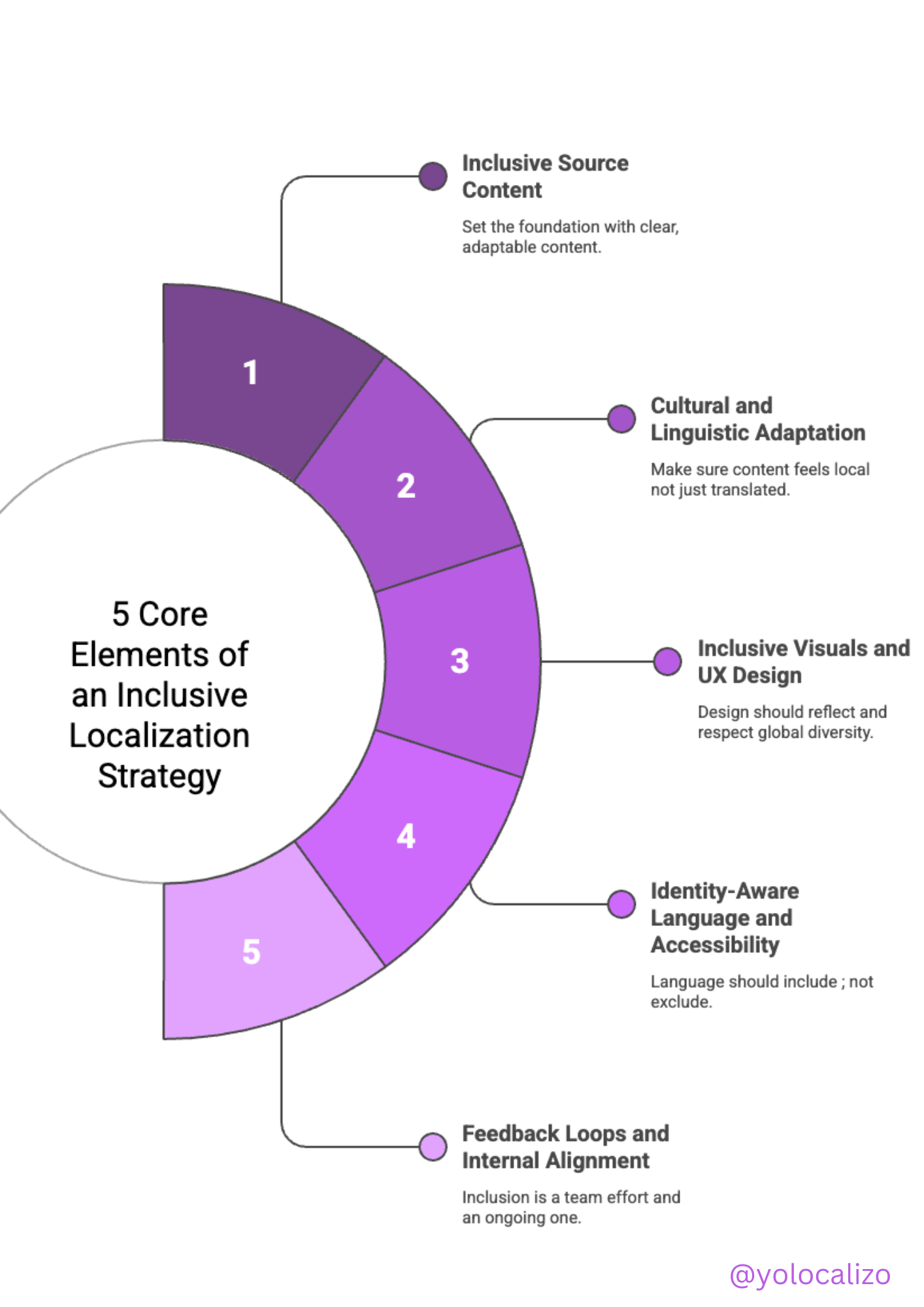

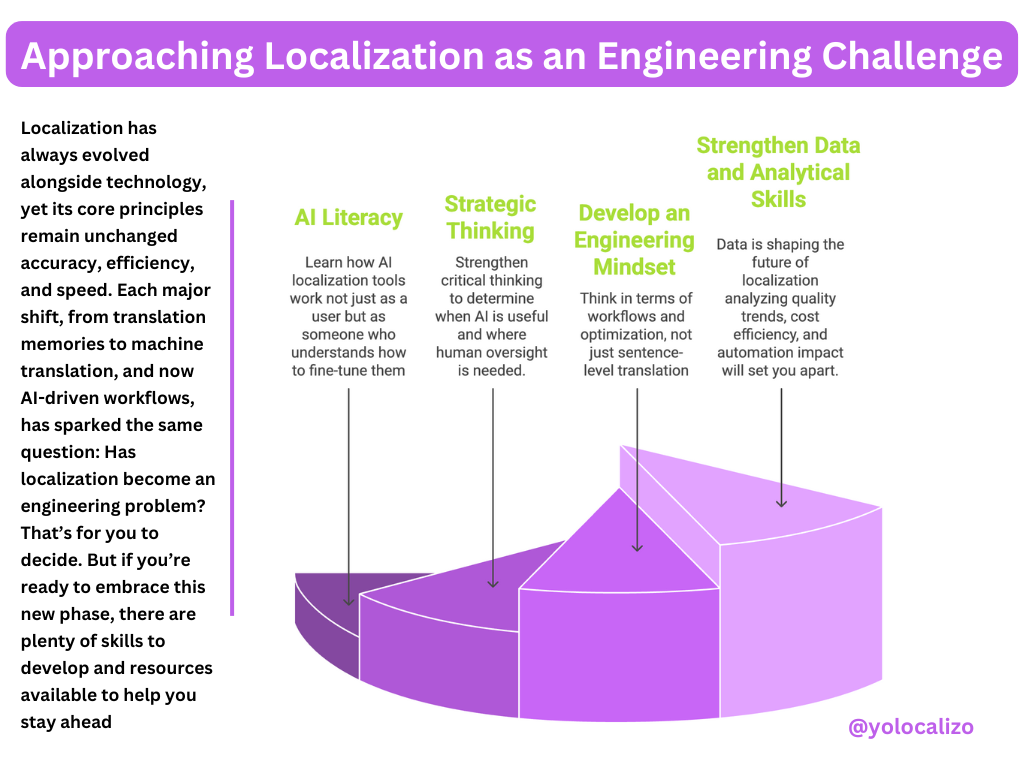
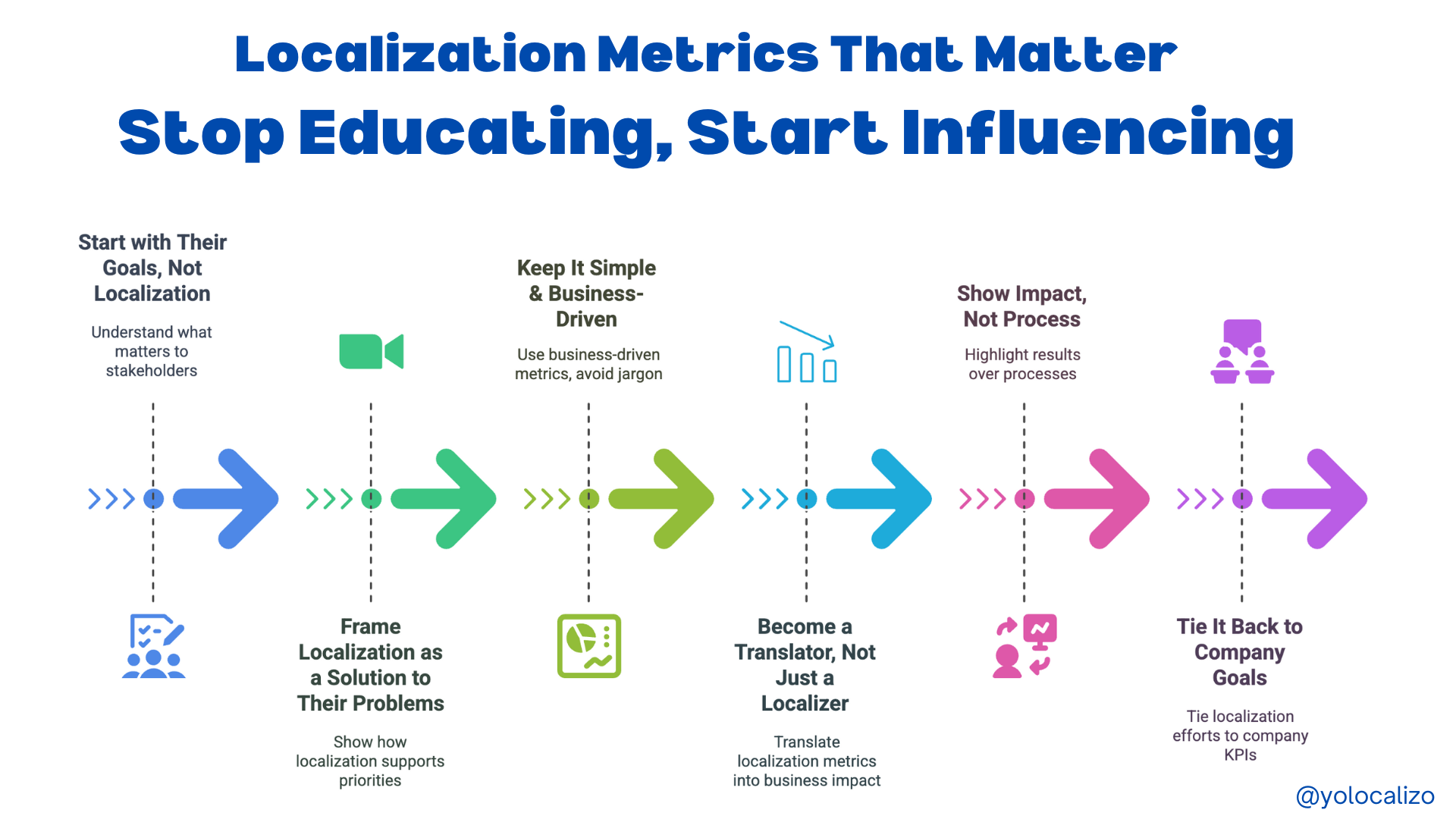


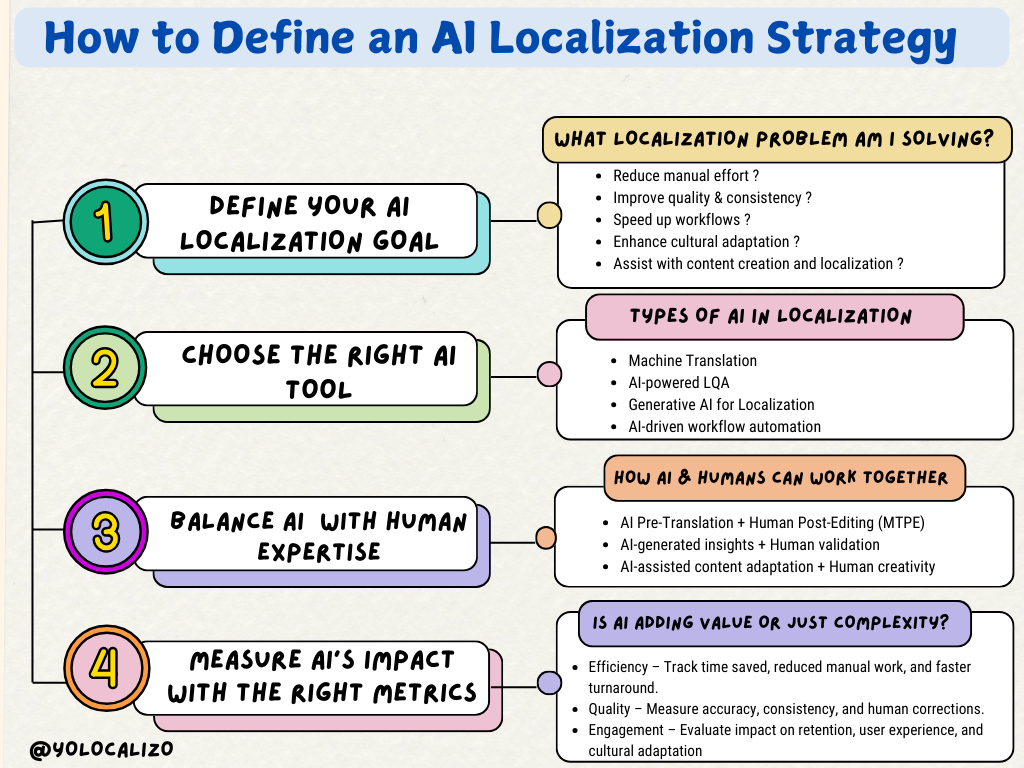





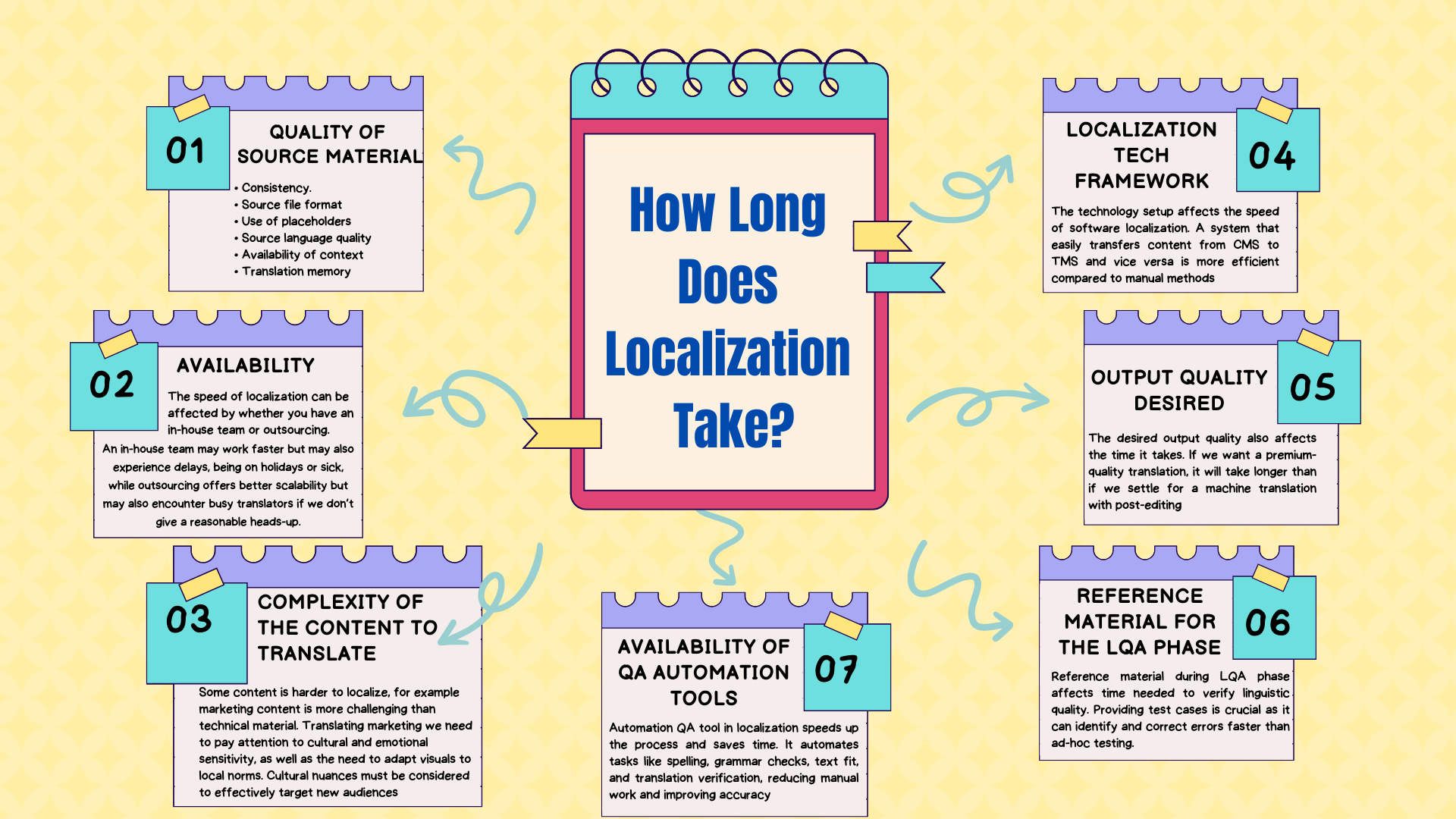
Localizability has always been a challenge small issues in source content often lead to big problems later in translation. In this post, I explore how AI is giving localization teams a powerful new way to improve source quality, reduce friction, and create better content for every market right from the start.